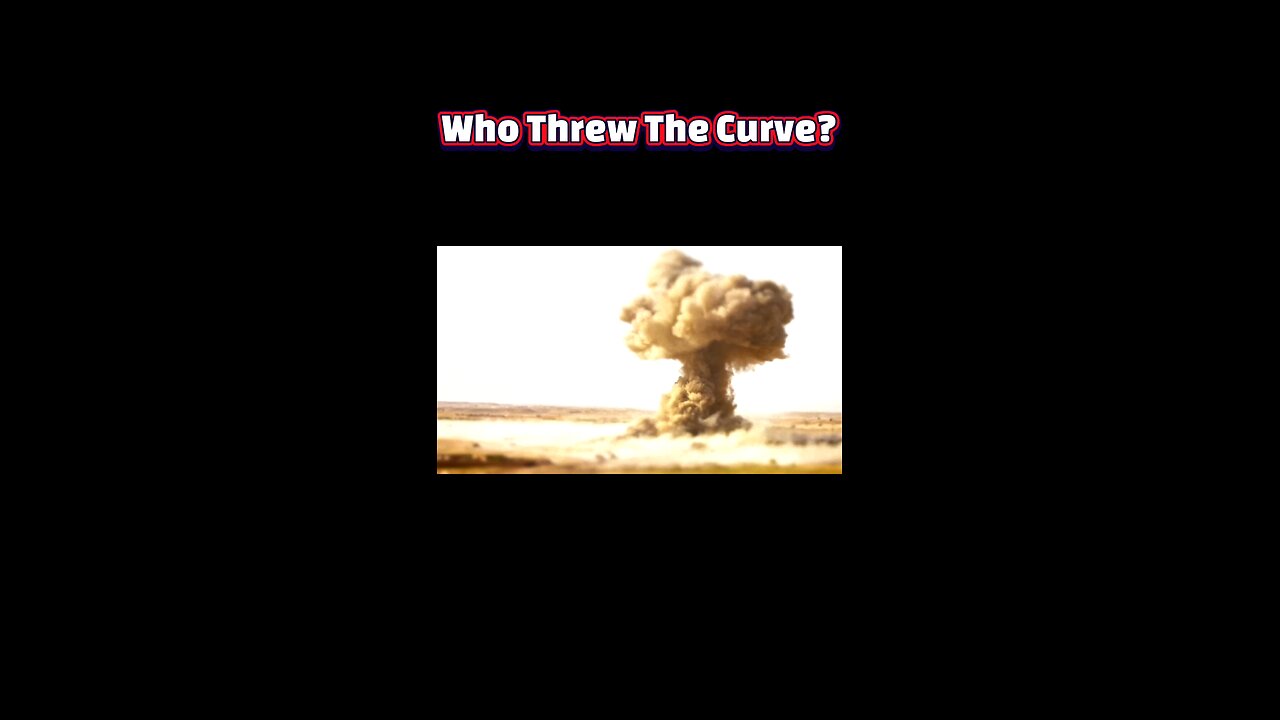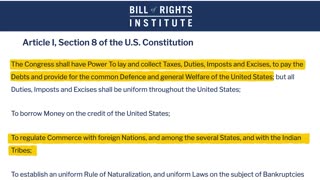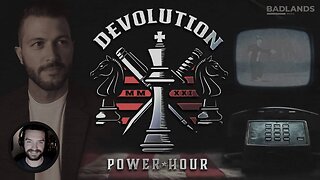Premium Only Content

Atomic vs. Nuclear Bombs: Unmasking the Explosive Truth
Atomic vs. Nuclear Bombs: Is There A Difference? Let's unravel the science and history behind these terms. While they're often used interchangeably in casual conversation, diving deeper reveals distinct nuances that are both fascinating and vital to understanding modern warfare.
An atomic bomb. derives its power from nuclear fission—the splitting of heavy atomic nuclei, like uranium or plutonium. This process triggers a rapid chain reaction, releasing an immense amount of energy almost instantaneously. Think of it as unleashing nature’s raw power in a single, devastating moment.
Conversely, the term nuclear bomb serves as an umbrella term that covers all weapons harnessing nuclear energy, including both fission-based weapons (atomic bombs) and those that employ nuclear fusion, known as hydrogen bombs. The overlap in terminology often leads to confusion, but it’s a crucial distinction.
Historically, the first nuclear weapons deployed in warfare were atomic bombs, marking a turning point in human conflict during World War II. In the following decades, the evolution of technology led to the development of fusion-based bombs, which dramatically increased explosive yield and transformed global strategic dynamics.
The science behind these devices is as distinct as their names. In a fission reaction, splitting atoms releases energy, while a fusion reaction—where light nuclei merge under extreme conditions—requires a fission bomb as a trigger. This two-stage process in fusion bombs creates yields that far exceed those of pure fission bombs.
The difference in reactions translates directly into differences in destructive power. Although atomic bombs are devastating, fusion bombs take lethality to another level by magnifying the energy output many times over, creating shockwaves, thermal pulses, and radiation bursts that can devastate beyond immediate impact zones.
A common misconception is to view “atomic” and “nuclear” as synonymous. In truth, while all atomic bombs are nuclear (since they use nuclear reactions), not every nuclear weapon is atomic. Hydrogen bombs, for instance, combine fission and fusion, making them a unique subclass within the nuclear bomb category.
In the end, understanding that atomic bombs pertain specifically to fission while nuclear bombs encompass both fission and fusion devices provides a clearer picture of their capabilities and evolution. This distinction not only enriches our grasp of scientific principles but also the historical trajectory of military technology.
#AtomicVsNuclear #ScienceExplained #HistoryDeepDive #AtomicVsNuclear #FissionFusion #BombTech #NuclearHistory #ScienceExplained
-
 14:16
14:16
Nate The Lawyer
1 day ago $0.22 earnedSupreme Court Could Force Trump to Repay All Tariffs | Lawyer Explains
3646 -
 46:25
46:25
Coin Stories with Natalie Brunell
1 day agoErin West: Romance-Crypto Scam Taking Over - "Pig Butchering" Cyber Fraud Explained
138 -
 1:14:05
1:14:05
DeVory Darkins
16 hours agoDemocrats get BAD EPSTEIN NEWS after major mistake
181K146 -
 2:29:10
2:29:10
Badlands Media
11 hours agoDevolution Power Hour Ep. 406: Cracks in the Empire
238K24 -
 2:55:16
2:55:16
TimcastIRL
9 hours agoNEW Epstein Emails Drop, Dems Claim TRUMP KNEW, Congress Forces Epstein Release Vote | Timcast IRL
259K120 -
 1:19:53
1:19:53
Barry Cunningham
8 hours agoBREAKING NEWS: PRESIDENT TRUMP RE-OPENS THE UNITED STATES GOVERNMENT!
45.2K20 -
 20:47
20:47
The White House
8 hours agoPresident Trump Signs Senate Amendment to H.R. 5371
39.2K34 -
 4:37:57
4:37:57
Drew Hernandez
1 day agoNEW EPSTEIN EMAIL DROP FULLY POLITICIZED
63.5K33 -
 1:44:01
1:44:01
Tucker Carlson
7 hours agoTucker Carlson on the Israel First Meltdown and the Future of the America First Movement
74.8K461 -
 4:02:08
4:02:08
Alex Zedra
8 hours agoLIVE! Phasmaphobia New Map!
59.9K3